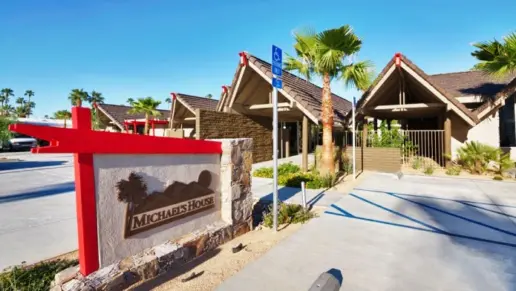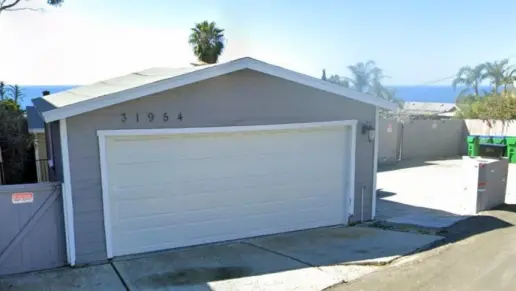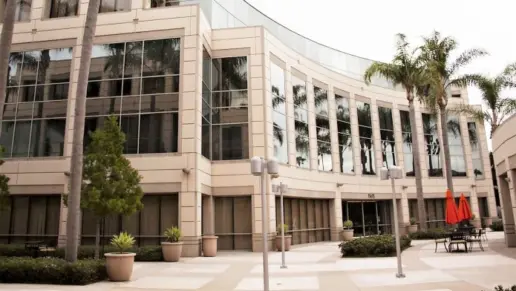About The Ranch Recovery Centers Inc.- Hacienda Valdez
Located on the southern outskirts of Desert Hot Springs, California is Hacienda Valdez. This is a women's residential treatment facility that works with women who are recovering from a drug, alcohol, or substance use disorder. They also offer medical detox and transitional living facilities.
Hacienda Valdez is a modern facility and can house up to 33 women. Some of the amenities you’ll find here include an outdoor pool, outdoor spaces to lounge in, and scenic views of southern California’s iconic desert landscape. You won’t feel a sense of being in a clinical or medical facility. Instead, the home like feel here makes it easy for you to let down your guard and be open to the evidence based and holistic services you’re finding here.
One thing that stands out is their three day Family Program for clients’ significant others and family members who are 14 and older. The families of those who have addiction disorders often feel helpless, hurt, and angry and don’t know how to manage those feelings. The program provides substance use disorder education and discusses issues such as codependency, healthy communication, and relapse prevention during recovery.
The treatment program here is individualized to your unique needs. Depending on your circumstances, your plan might include medication assistance treatment and specialized counseling. They also follow a 12 step model here making it easier for you to build a sense of community that you can lean on during difficult moments. Psychotherapy, trauma informed care, drug use education, and life skills like parenting classes will all help you become a better version of yourself.
If you are a woman who has been impacted by substance use, you’ll find a safe and supportive environment here. The care you’ll receive will help you transition back into your community with essential skills for success.
Facility Overview
Latest Reviews
Rehab Score
Gallery
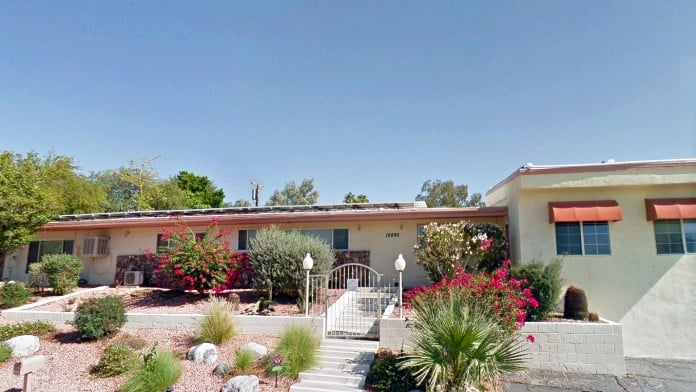
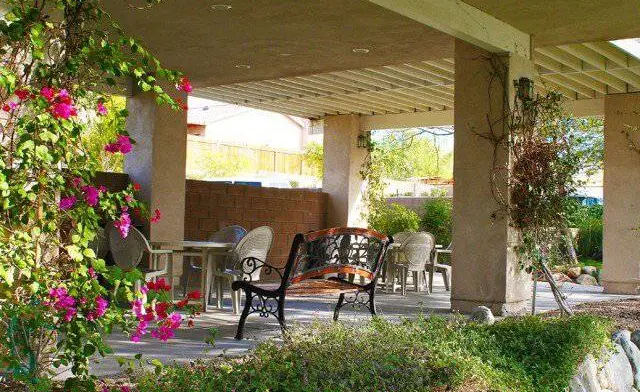
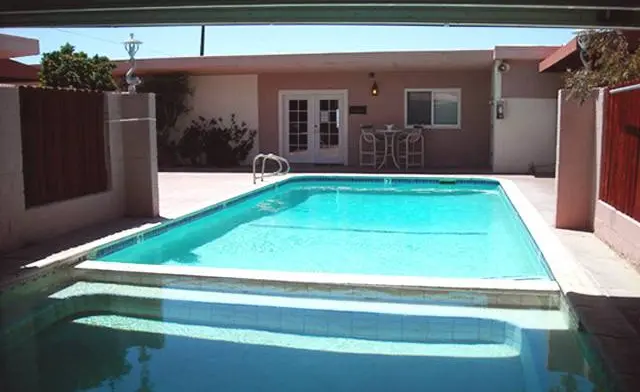
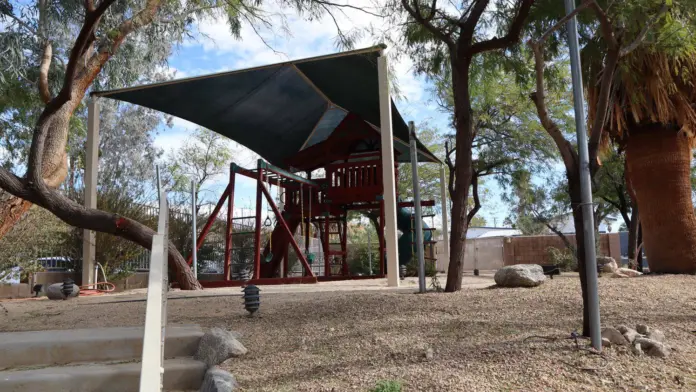
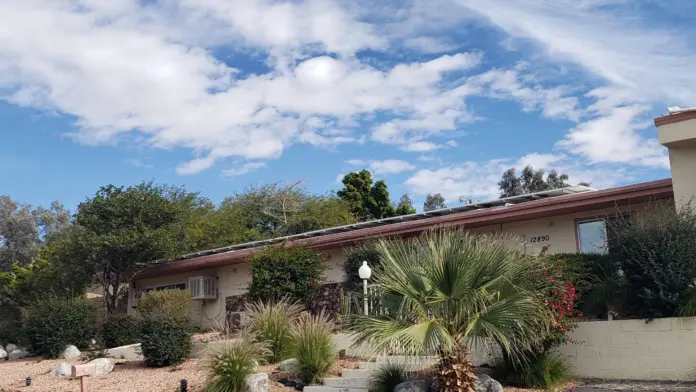
Location
Accepted Insurance
Other Forms of Payment
Private insurance refers to any kind of healthcare coverage that isn't from the state or federal government. This includes individual and family plans offered by an employer or purchased from the Insurance Marketplace. Every plan will have different requirements and out of pocket costs so be sure to get the full details before you start treatment.
Self-pay involves paying for treatment out of your own pocket. You can use savings or credit, get a personal loan, or receive help from family and friends to fund your treatment. If you don't have insurance or your insurance plan doesn't cover a specific program, self-pay can help ensure you still get the care you need.
Addiction Treatments
Levels of Care
Treatments
The goal of treatment for alcoholism is abstinence. Those with poor social support, poor motivation, or psychiatric disorders tend to relapse within a few years of treatment. For these people, success is measured by longer periods of abstinence, reduced use of alcohol, better health, and improved social functioning. Recovery and Maintenance are usually based on 12 step programs and AA meetings.
Drug rehab in California teaches participants constructive ways to stay clean and sober. Treatment revolves around helping individuals stop using the substance they are addicted to and learn healthy habits to avoid relapse.
Many of those suffering from addiction also suffer from mental or emotional illnesses like schizophrenia, bipolar disorder, depression, or anxiety disorders. Rehab and other substance abuse facilities treating those with a dual diagnosis or co-occurring disorder administer psychiatric treatment to address the person's mental health issue in addition to drug and alcohol rehabilitation.
A combined mental health and substance abuse rehab has the staff and resources available to handle individuals with both mental health and substance abuse issues. It can be challenging to determine where a specific symptom stems from (a mental health issue or an issue related to substance abuse), so mental health and substance abuse professionals are helpful in detangling symptoms and keeping treatment on track.
Opioid rehabs specialize in supporting those recovering from opioid addiction. They treat those suffering from addiction to illegal opioids like heroin, as well as prescription drugs like oxycodone. These centers typically combine both physical as well as mental and emotional support to help stop addiction. Physical support often includes medical detox and subsequent medical support (including medication), and mental support includes in-depth therapy to address the underlying causes of addiction.
Clinical Services
Group therapy is any therapeutic work that happens in a group (not one-on-one). There are a number of different group therapy modalities, including support groups, experiential therapy, psycho-education, and more. Group therapy involves treatment as well as processing interaction between group members.
In individual therapy, a patient meets one-on-one with a trained psychologist or counselor. Therapy is a pivotal part of effective substance abuse treatment, as it often covers root causes of addiction, including challenges faced by the patient in their social, family, and work/school life.
Trauma therapy is a structured approach used by therapists to help you heal from a past traumatic event. Your therapist works with you to identify the traumatic memory and process the information so you experience emotional healing and a sense of safety and stability.
Amenities
-
Private Setting
Accreditations

The Commission on Accreditation of Rehabilitation Facilities (CARF) is a non-profit organization that specifically accredits rehab organizations. Founded in 1966, CARF's, mission is to help service providers like rehab facilities maintain high standards of care.
CARF Accreditation: Yes
Contact Information
12890 Quinta Way
Desert Hot Springs, CA 92240






